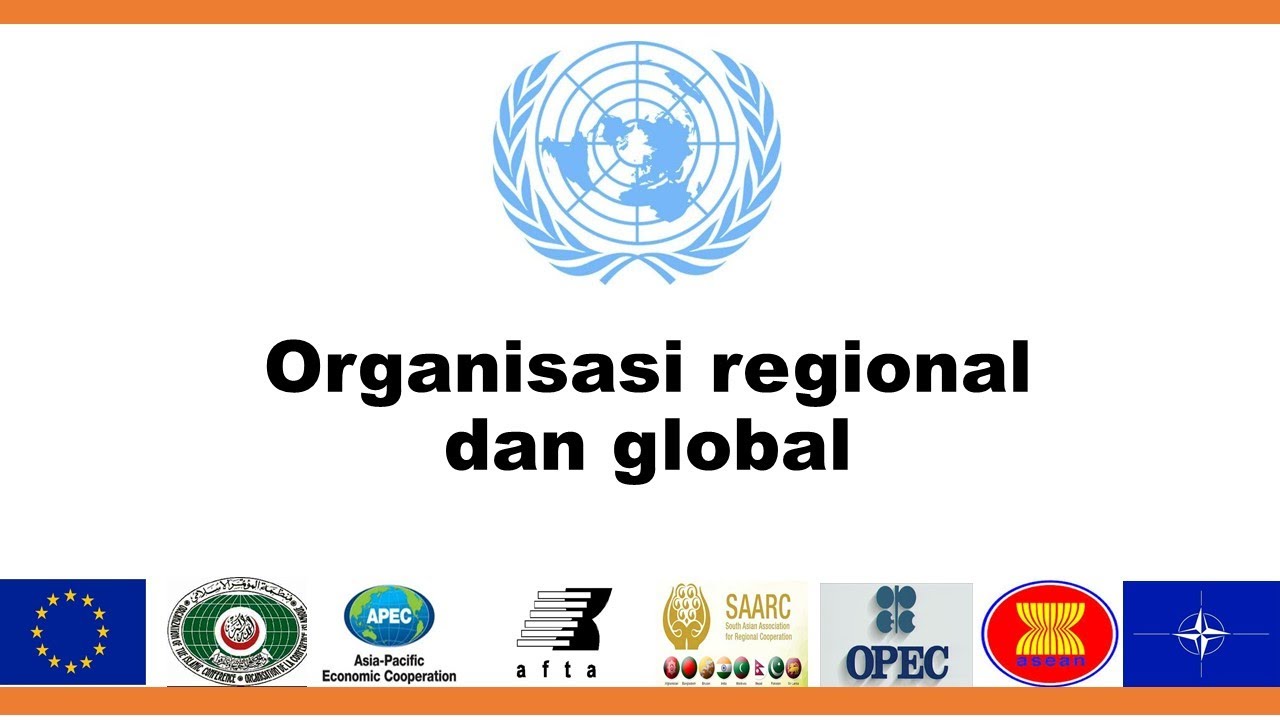GLOBAL GOVERNANCE
Summary
TLDRThe discussion revolves around global governance, emphasizing the role of international organizations like the United Nations in promoting peace and order globally. Using the example of the Philippines under President Duterte, it highlights tensions between national sovereignty and global institutions such as the International Court of Justice, especially regarding human rights violations and extrajudicial killings. The talk further explores the UN’s structure, including key bodies like the General Assembly, Security Council, and World Health Organization, illustrating their influence on global standards and coordination during crises like the COVID-19 pandemic.
Takeaways
- 🌍 Global governance is like a round table where countries connect and interact to maintain international relationships.
- 🛡️ Governance at the global level mirrors national governance but is aimed at maintaining peace and order across the world.
- 🇵🇭 President Duterte emphasized the Philippines' sovereignty, opposing the involvement of international courts like the International Court of Justice in local matters.
- 🤝 The Philippines is a signatory to international organizations like the United Nations, signifying its commitment to international norms and processes.
- 🌐 Global governance includes policies, norms, and initiatives aimed at creating stability and predictability across nations.
- ⚔️ Territorial conflicts, such as those between the Philippines and China, highlight the complexities in global governance, especially when powerful countries are involved.
- 🏥 Organizations like the World Health Organization play a key role in global governance, setting standards during global crises like the COVID-19 pandemic.
- 🏛️ International organizations, such as the United Nations, establish global standards and norms that member states follow to ensure worldwide cooperation.
- 💼 The United Nations, founded after World War II, plays a central role in global governance, with various organs like the General Assembly, Security Council, and International Court of Justice.
- 📜 The Philippines has a representative in the United Nations General Assembly, showcasing its active role in global governance.
Q & A
What is the concept of global governance as described in the script?
-Global governance refers to the various intersecting processes that create the world order, involving institutions, policies, norms, procedures, and initiatives through which states and their citizens try to bring predictability, stability, and order in response to transnational challenges.
How does global governance relate to the concept of national sovereignty?
-Global governance intersects with national sovereignty when international bodies, like the United Nations or the International Court of Justice, become involved in issues typically managed by individual states. An example discussed in the script is when former Philippine President Duterte rejected the International Court of Justice’s investigation into extrajudicial killings, asserting the Philippines’ sovereignty.
Why did President Duterte reject the involvement of the International Court of Justice in investigating extrajudicial killings in the Philippines?
-President Duterte rejected the involvement because he believed that the Philippines is a sovereign state with its own judicial system, and therefore, international bodies like the International Court of Justice should not interfere in the country’s internal matters.
What role does the United Nations play in global governance?
-The United Nations plays a central role in global governance by implementing peace and order across countries, establishing global standards, and coordinating responses to international issues through its various bodies, such as the General Assembly, Security Council, and International Court of Justice.
What are the six main bodies of the United Nations mentioned in the script?
-The six main bodies of the United Nations mentioned are the General Assembly, the Security Council, the Economic and Social Council (ECOSOC), the Trusteeship Council, the International Court of Justice, and the Secretariat.
How does the World Health Organization (WHO) exemplify global governance?
-The WHO exemplifies global governance by setting and spreading global health standards, such as during the COVID-19 pandemic, where countries, including the Philippines, followed WHO guidelines on social distancing and other measures to control the virus spread.
What challenges do international organizations like the UN face in enforcing global governance?
-International organizations face challenges such as the reluctance of sovereign states to accept external intervention, as seen in the case of the Philippines rejecting the International Court of Justice’s investigation, and the difficulty in enforcing international rulings when powerful member states, like China, choose not to comply.
What is the historical significance of the United Nations?
-The United Nations was founded on October 24, 1945, after World War II, with the primary aim of preventing future conflicts. It was initially established by 51 member states and has grown to include 193 member states today, playing a significant role in maintaining international peace and security.
Who coined the term 'United Nations,' and when was it first used?
-The term 'United Nations' was coined by U.S. President Franklin D. Roosevelt in 1942, and it was later formalized with the signing of the UN Charter on June 26, 1945.
What is the role of the Security Council in the United Nations?
-The Security Council is considered the most powerful body within the United Nations. It consists of 15 member states, including five permanent members (USA, China, France, Russia, and the UK), and is responsible for maintaining international peace and security, making binding decisions that member states are obligated to implement.
Outlines

This section is available to paid users only. Please upgrade to access this part.
Upgrade NowMindmap

This section is available to paid users only. Please upgrade to access this part.
Upgrade NowKeywords

This section is available to paid users only. Please upgrade to access this part.
Upgrade NowHighlights

This section is available to paid users only. Please upgrade to access this part.
Upgrade NowTranscripts

This section is available to paid users only. Please upgrade to access this part.
Upgrade NowBrowse More Related Video

Rangkuman Materi PPKN Kelas 11 Bab 4 Dinamika Peran Indonesia dalam Perdamaian Dunia

Le organizzazioni internazionali

Global Governance 101: International Organizations, Institutions and Regimes

Sejarah Organisasi Regional dan Global

Video Pembelajaran #29 || Dinamika Peran Indonesia PPKn

Global Governance - The Contemporary World 2023
5.0 / 5 (0 votes)